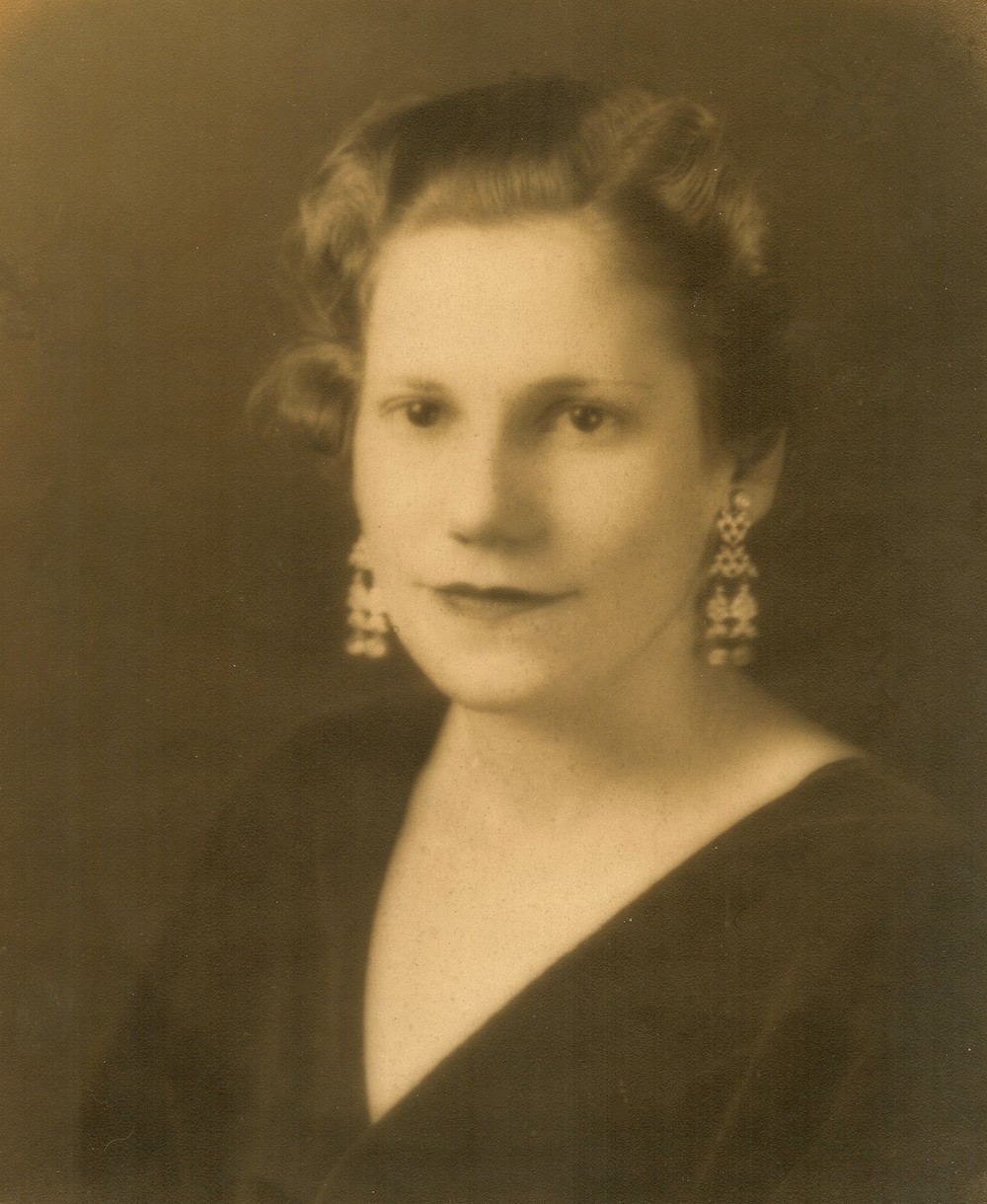By Susan Ford Collins
Most people complain about not having enough time, but the truth is most of us spend time doing things that don’t really matter to our success. What does?
Take a few minutes to complete this Success Quiz. Then I will share with you how Highly Successful People (HSPs) answered these questions…

1. How often do you acknowledge yourself for what you accomplish?
Circle one: daily weekly monthly annually
2. How often do you fall asleep thinking about what you didn’t get done or you’re afraid might happen?
Circle one: rarely sometimes frequently
3. Are you able to maintain your confidence when obstacles and failures confront you?
Circle one: rarely sometimes frequently
4. Do you pride yourself on doing “more-better-faster”?
Circle one: rarely sometimes frequently
5. Do you make time to learn the basics of new skills before you start using them?
Circle one: rarely sometimes frequently
6. Can you stand up in a meeting and say you don’t agree?
Circle one: yes no
7. How often do you push so hard that you can’t slow down to rest?
Circle one: rarely sometimes frequently
8. Do you share your dreams with others or keep them to yourself?
Circle one: rarely sometimes frequently
9. Do you spell out the details of outcomes you delegate?
Circle one: rarely sometimes frequently
10. Would you rather ask an expert for input or figure it out yourself?
Circle one: ask expert figure out
11. Do you need to know how you’ll reach your goal before you take action?
Circle one: yes no
12. Can you comfortably move into the unknown when you have a clear outcome in mind?
Circle one: yes no
13. Do methods and solutions come to you out of the blue?
Circle one: rarely sometimes frequently
14. When you are stressed, do you spend time away from the task?
Circle one: rarely sometimes frequently
So now let’s compare your answers with theirs…
1. HSPs make time each day to acknowledge themselves for the successes they’re having. But the successes they have in mind aren’t just the usual ones. For them, success goes beyond finishing “business to dos.” It includes things that keep their lives in balance… eating a good breakfast, exercising, spending time with family and friends, buying gas, dropping off dry cleaning and remembering to pick it up. Most people don’t acknowledge themselves for completing things like these, but what happens to your productivity when you leave them undone? For HSPs, success also means saying NO to actions that violate their values and dreams. Deletion Successes can be the most important ones of all! And how about acknowledging yourself for your creative ideas... even if no one agrees they're possible yet!
2. People who “succeed big” know that the last few minutes of their day are most important. Your brain is in the Alpha State so it’s the perfect time to think about what you want tomorrow and long term. And the worst time to beat yourself up for oversights and failures. As you fall asleep, plan how you’ll make corrections instead. Remember: What you think is what you get, like it or not… so focus on what you do want instead of what you don’t want. That tiny change in focus will enhance your ability to move your life and career ahead!
3. If you are Success Filing—that is, acknowledging your successes each day—you will have the confidence to continue to move ahead when everything goes wrong, when obstacles besiege you and everyone disappoints you. Remember: When your Success File is full, you feel Success-Full. When it is low, you feel dependent and needy… at the mercy of others’ opinions and in need of their agreement. HSPs are willing to put off low priority items, but making time to Success File each day is a number one item for them.
4. Constantly priding yourself on doing more-better-faster lands you in The Success Trap, constantly having to work longer and harder to raise the quantity-quality bar higher and higher. It can also land you in the hospital. For staying power, you need to acknowledge yourself for slowing down to learn new skills and technologies, for allowing your mind to wander into future possibilities and solutions. In today's business environment, creativity and innovation are becoming more important than productivity.
5. It is essential to slow down to a stop from time to time. Why? Because unless you do, you won’t be able to gear your mind back to learn new skills and technologies and so you'll slip behind. HSPs schedule time to learn the most efficient tools and approaches available, rather than slogging along with equipment, programs and procedures that weren’t designed to do what you need to do now. Make time to master the basics before you attempt to gear up into 2nd Gear production. Otherwise the mistakes you make will trip up you and your teammates and take more time in the end.
6. To stay ahead, you have to be able to disagree with the pack. For some people, getting others’ agreement is more important than getting their result. Not so for HSPs. They can stand up, disagree and then so powerfully communicate the details of the scenario they see, hear and feel, that other people take on their vision and team up with them. They lead the way by inspiration, not perspiration.
7. When you push so long and hard that you can’t slow down to rest, you’ve gone over the edge. HSPs use this over-the-edge feeling to signal when they’re overusing the 2nd Gear of Success. Yes, success has three gear-like phases and unless you know when to shift, unless you can use all three gears as circumstances require, you’ll burn out your transmission… and that means your body. And the time lost will set your business way back. Read The Joy of Success and Success Has Gears for specifics on the Three Gears of Success and Leadership.
8. Highly successful business people share their dreams with Codreamers, people who hold onto the details of their dream with them. People who contribute additional perspectives and information. People they can call when they come out of a meeting so devastated that their dream seems to have literally been erased from their minds. One phone call to a Codreamer can get you back on track. Who are your Codreamers? And who are your Codreaders (the ones who always tell you reasons why not?) Make sure you know the difference!
9. Going so fast that you can’t gear down to spell out the details of a task you’re delegating may seem expedient at the time. But in the long run it could ruin your business. To get the support you need from coworkers, customers and vendors, you need to share precisely what you have in mind. When you provide a sketch, others will automatically fill in the details they have in mind instead of the ones you have in mind. Beware of Sensory Fill-in! Who is responsible for the errors that result? You are of course.
10. Would you rather ask an expert or figure it out yourself? Well, that all depends. If you're climbing up the learning curve, then asking experts and following their directions is what works best… with one exception. When you know next to nothing about something, using a salesperson as your expert may set you up to buy what’s best for him or her, but not for you. Consult an independent expert before you make a major purchase. On the other hand, depending on tried-and-true experts when you are creating something new, may take you back to how it’s already been done. Listen to their input but, as its creator, know that you are the ultimate expert when it comes to your dream!
11. When we were kids, we were rewarded for doing things by the book. But as the head of your own business or life, that simply won’t work. These days, having-to-know-how upfront will hold you back. What you need is a thoroughly detailed outcome… then the appropriate method will find you. Powerful life changes, inventions and new businesses frequently start out as hunches or middle of the night Ahas! Most leaders I interview tell me they rarely know how, but they always know what.
12. The ability to venture into the unknown is essential today. The marketplace is changing so rapidly that top CEOs say they don’t have a ten-year plan or a five-minute plan either. Flexibility is key. Can you think on your feet? Can you seize an opportunity that others fail to notice? Can you abandon your ten-year-ago or five-minute-ago action plan and take the next step to your dream when it presents itself?
13. For years I interviewed inventors and creators and over and over I heard the same comments. I woke up in the night with a clear image in my head or a voice telling me what to do. Or I was taking a shower when my idea hit me. Jeff Bezos, creator of Amazon.com, was so sure about his hunch that he packed up everything he owned and moved across the country in pursuit of his dream. And we all know he found it!
14. When you’re stuck, instead of sitting and staring at your computer screen, get up and do something else. Go for a walk or switch to a project that requires another mindset altogether. HSPs constantly tell me their most creative solutions come when they walk away from their desk and WHAM! The solution comes out of the blue… or out of the right brain. They say they strategically use the Alpha State to “program in” their problem at night and they trust their mind to deliver a solution when they first wake up. And it does.
(c) Susan Ford Collins. For permission to use this article, email susanfordcollins@msn.com
* For more on the 10 Success and Leadership Skills, read The Joy of Success, Success Has Gears or Our Children Are Watching.
THE TECHNOLOGY of SUCCESS Book Series… compact, concise and powerful…
the perfect toolbox for today’s “always-on” global world.
$14.95 paperback $3.99 eBook

www.technologyofsuccess.com or susanfordcollins *at* msn *dot* com
***
Your Working Life: Caroline Dowd-Higgins interviews Susan Ford Collins



















